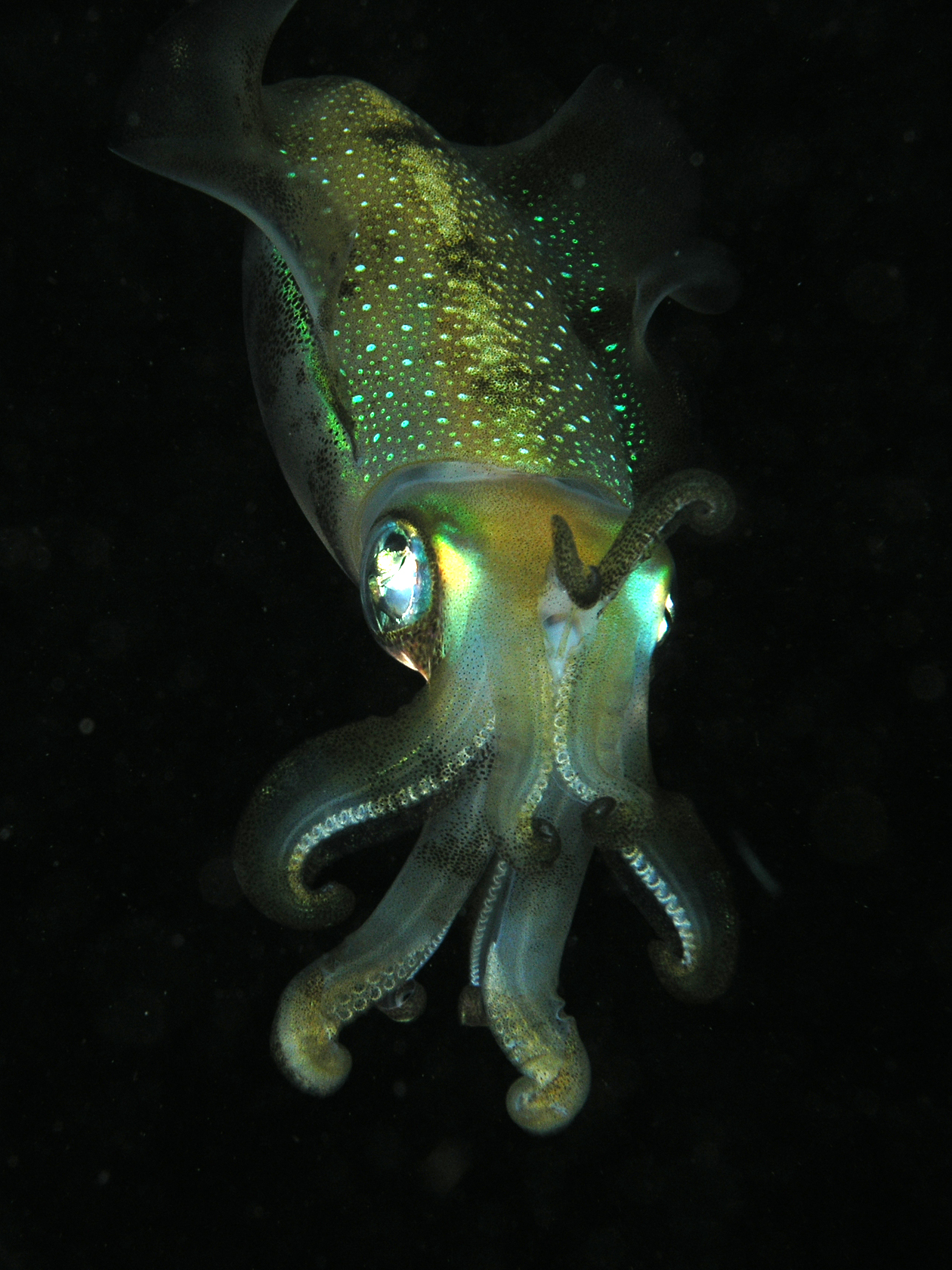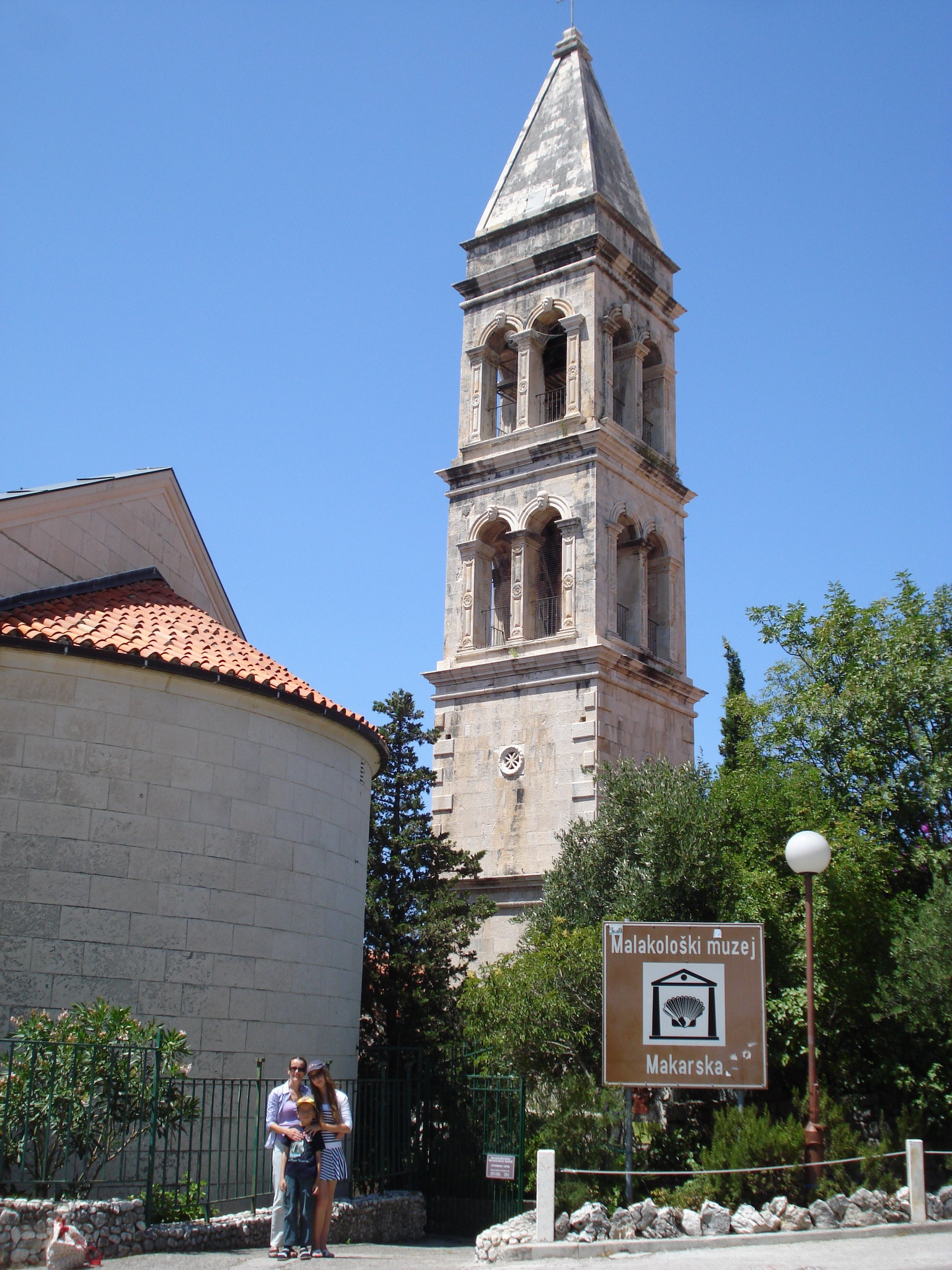|
Vita Malacologica
''Vita Malacologica'' is a peer-reviewed scientific journal on the subject of malacology, the study of the Mollusca. It is a print journal published in English by the Netherlands Malacological Society The Nederlandse Malacologische Vereniging (NMV), known in English as the Netherlands Malacological Society or the Dutch Malacological Society, is a non-profit organisation based in the Netherlands. It is a society devoted to malacology (the study of .... The journal consists of one themed issue per year. Name The name "Vita Malacologica" is Latin, meaning "malacological life". References {{reflist Malacology journals Publications established in 2002 English-language journals Academic journals published by learned and professional societies Annual journals ... [...More Info...] [...Related Items...] OR: [Wikipedia] [Google] [Baidu] |
Malacology
Malacology is the branch of invertebrate zoology that deals with the study of the Mollusca (mollusks or molluscs), the second-largest phylum of animals in terms of described species after the arthropods. Mollusks include snails and slugs, clams, and cephalopods, along with numerous other kinds, many of which have shells. One division of malacology, conchology, is devoted to the study of mollusk shells. Malacology derives . Fields within malacological research include taxonomy, ecology and evolution. Applied malacology studies medical, veterinary, and agricultural applications; for example, mollusks as vectors of disease, as in schistosomiasis. Archaeology employs malacology to understand the evolution of the climate, the biota of the area, and the usage of the site. In 1681, Filippo Bonanni wrote the first book ever published that was solely about seashells, the shells of marine mollusks. The book was entitled: In 1868, the German Malacological Society was founded. Zoologica ... [...More Info...] [...Related Items...] OR: [Wikipedia] [Google] [Baidu] |
Netherlands Malacological Society
The Nederlandse Malacologische Vereniging (NMV), known in English as the Netherlands Malacological Society or the Dutch Malacological Society, is a non-profit organisation based in the Netherlands. It is a society devoted to malacology (the study of molluscs) as well as conchology (the study of mollusc shells). The NMV was founded in 1934, and the members include both professionals and amateurs. The NMV created a European malacological society which later became the global society Unitas Malacologica. Periodicals The society publishes three periodicals: the scientific journal ''Basteria'', '' Vita Malacologica'' (a twice-annual themed supplement to ''Basteria'' published only in English) and the NMV news journal ''Spirula'' (formerly known as ''Correspondentieblad''). Books In commemoration of the 75th anniversary of the founding of the society, the NMV published two books. One was published in 2009 and was entitled, ''Schitterende schelpen en slijmerige slakken. 75 jaar NMV: ma ... [...More Info...] [...Related Items...] OR: [Wikipedia] [Google] [Baidu] |
Peer-reviewed
Peer review is the evaluation of work by one or more people with similar competencies as the producers of the work (peers). It functions as a form of self-regulation by qualified members of a profession within the relevant field. Peer review methods are used to maintain quality standards, improve performance, and provide credibility. In academia, scholarly peer review is often used to determine an academic paper's suitability for publication. Peer review can be categorized by the type of activity and by the field or profession in which the activity occurs, e.g., medical peer review. It can also be used as a teaching tool to help students improve writing assignments. Henry Oldenburg (1619–1677) was a German-born British philosopher who is seen as the 'father' of modern scientific peer review. Professional Professional peer review focuses on the performance of professionals, with a view to improving quality, upholding standards, or providing certification. In academia, peer ... [...More Info...] [...Related Items...] OR: [Wikipedia] [Google] [Baidu] |
Scientific Journal
In academic publishing, a scientific journal is a periodical publication intended to further the progress of science, usually by reporting new research. Content Articles in scientific journals are mostly written by active scientists such as students, researchers, and professors instead of professional journalists. There are thousands of scientific journals in publication, and many more have been published at various points in the past (see list of scientific journals). Most journals are highly specialized, although some of the oldest journals such as ''Nature'' publish articles and scientific papers across a wide range of scientific fields. Scientific journals contain articles that have been peer reviewed, in an attempt to ensure that articles meet the journal's standards of quality and scientific validity. Although scientific journals are superficially similar to professional magazines, they are actually quite different. Issues of a scientific journal are rarely read casuall ... [...More Info...] [...Related Items...] OR: [Wikipedia] [Google] [Baidu] |
Malacology
Malacology is the branch of invertebrate zoology that deals with the study of the Mollusca (mollusks or molluscs), the second-largest phylum of animals in terms of described species after the arthropods. Mollusks include snails and slugs, clams, and cephalopods, along with numerous other kinds, many of which have shells. One division of malacology, conchology, is devoted to the study of mollusk shells. Malacology derives . Fields within malacological research include taxonomy, ecology and evolution. Applied malacology studies medical, veterinary, and agricultural applications; for example, mollusks as vectors of disease, as in schistosomiasis. Archaeology employs malacology to understand the evolution of the climate, the biota of the area, and the usage of the site. In 1681, Filippo Bonanni wrote the first book ever published that was solely about seashells, the shells of marine mollusks. The book was entitled: In 1868, the German Malacological Society was founded. Zoologica ... [...More Info...] [...Related Items...] OR: [Wikipedia] [Google] [Baidu] |
Mollusca
Mollusca is the second-largest phylum of invertebrate animals after the Arthropoda, the members of which are known as molluscs or mollusks (). Around 85,000 extant species of molluscs are recognized. The number of fossil species is estimated between 60,000 and 100,000 additional species. The proportion of undescribed species is very high. Many taxa remain poorly studied. Molluscs are the largest marine phylum, comprising about 23% of all the named marine organisms. Numerous molluscs also live in freshwater and terrestrial habitats. They are highly diverse, not just in size and anatomical structure, but also in behaviour and habitat. The phylum is typically divided into 7 or 8 taxonomic classes, of which two are entirely extinct. Cephalopod molluscs, such as squid, cuttlefish, and octopuses, are among the most neurologically advanced of all invertebrates—and either the giant squid or the colossal squid is the largest known invertebrate species. The gastropod ... [...More Info...] [...Related Items...] OR: [Wikipedia] [Google] [Baidu] |
Malacology Journals
Malacology is the branch of invertebrate zoology that deals with the study of the Mollusca (mollusks or molluscs), the second-largest phylum of animals in terms of described species after the arthropods. Mollusks include snails and slugs, clams, and cephalopods, along with numerous other kinds, many of which have shells. One division of malacology, conchology, is devoted to the study of mollusk shells. Malacology derives . Fields within malacological research include taxonomy, ecology and evolution. Applied malacology studies medical, veterinary, and agricultural applications; for example, mollusks as vectors of disease, as in schistosomiasis. Archaeology employs malacology to understand the evolution of the climate, the biota of the area, and the usage of the site. In 1681, Filippo Bonanni wrote the first book ever published that was solely about seashells, the shells of marine mollusks. The book was entitled: In 1868, the German Malacological Society was founded. Zoological ... [...More Info...] [...Related Items...] OR: [Wikipedia] [Google] [Baidu] |
Publications Established In 2002
To publish is to make content available to the general public.Berne Convention, article 3(3) URL last accessed 2010-05-10.Universal Copyright Convention, Geneva text (1952), article VI . URL last accessed 2010-05-10. While specific use of the term may vary among countries, it is usually applied to text, images, or other content, including paper ( |
English-language Journals
English is a West Germanic languages, West Germanic language of the Indo-European language family, with its earliest forms spoken by the inhabitants of early medieval England. It is named after the Angles, one of the ancient Germanic peoples that migrated to the island of Great Britain. Existing on a dialect continuum with Scots language, Scots, and then closest related to the Low German, Low Saxon and Frisian languages, English is Genetic relationship (linguistics), genealogically West Germanic language, West Germanic. However, its vocabulary is also distinctively influenced by Langues d'oïl, dialects of France (about List of English words of French origin, 29% of Modern English words) and Latin (also about 29%), plus some grammar and a small amount of core vocabulary influenced by Old Norse (a North Germanic language). Speakers of English are called Anglophones. The earliest forms of English, collectively known as Old English, evolved from a group of West Germanic (Ingvae ... [...More Info...] [...Related Items...] OR: [Wikipedia] [Google] [Baidu] |
Academic Journals Published By Learned And Professional Societies
An academy (Attic Greek: Ἀκαδήμεια; Koine Greek Ἀκαδημία) is an institution of secondary or tertiary higher learning (and generally also research or honorary membership). The name traces back to Plato's school of philosophy, founded approximately 385 BC at Akademia, a sanctuary of Athena, the goddess of wisdom and skill, north of Athens, Greece. Etymology The word comes from the ''Academy'' in ancient Greece, which derives from the Athenian hero, ''Akademos''. Outside the city walls of Athens, the gymnasium was made famous by Plato as a center of learning. The sacred space, dedicated to the goddess of wisdom, Athena, had formerly been an olive grove, hence the expression "the groves of Academe". In these gardens, the philosopher Plato conversed with followers. Plato developed his sessions into a method of teaching philosophy and in 387 BC, established what is known today as the Old Academy. By extension, ''academia'' has come to mean the accumulation, dev ... [...More Info...] [...Related Items...] OR: [Wikipedia] [Google] [Baidu] |






